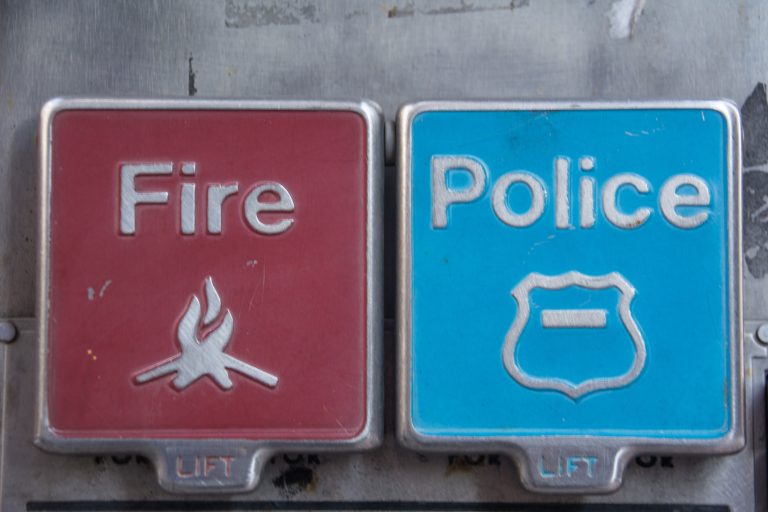Wise Giving Wednesday: Charity Accountability and Terrorist Financing Issues

Last week, I was in Berlin, Germany participating in the Annual Meeting of the
International Committee on Fundraising Organizations (ICFO) which is an international association of 18 national
charity monitoring organizations. Their membership and supporters include standards-based charity evaluation organizations
that report on charities in other countries as we do in the United States and other organizations addressing philanthropy.
Each year a different member hosts the conference, we were proud to do this at our
2015 conference held in Washington, DC.
The meeting in Berlin, as in previous ICFO conferences, reminded me that charity accountability groups around the world
recognize the value of a standards-based approach to reporting and face many of the same charity issues as we do
at BBB Wise Giving Alliance. But there are new challenges as well which were featured in a series of presentations
at this conference that discussed money laundering and terrorist financing and its impact on charities and monitoring
organizations.
The Berlin conference included a discussion of the activities of the
Financial Action Task Force (FATF) which is an inter-governmental body established in 1989 to set standards and
promote effective implementation of legal, regulatory and operational measures for combating money laundering, terrorist
financing and other related threats to the integrity of the international financial system. The United States, Canada
and Mexico and other countries are members in FATF. They have developed a series of recommendations to help
form a coordinated response to these threats. FATF
Recommendation 8 requires that “the laws and regulations that govern non-profit organizations be reviewed so
that these organizations cannot be abused for the financing of terrorism. The FATF has established best practices,
aimed at preventing misuse of NPOs for the financing of terrorism while, at the same time, respecting legitimate
actions of NPOs.”
Nonprofit organizations are vulnerable to abuse by terrorist networks since relief organizations operate in some of the
same areas where terrorist groups exist and background checks on relief workers hired in those countries may be difficult.
In turn, relief charities can get into trouble if their assistance is inadvertently distributed to terrorists. This
can be challenging when, for example, an organization, is just distributing food to needy individuals. Also,
terrorist groups recognize that since charities are often more trusted by others due to the nature of their work,
some may “mimic” legitimate charities in order to operate without detection.
As part of our Building Trust Video series, we are pleased to provide a video that features Eskinder Negash, Senior Vice
President for Global Engagement,
U.S. Committee for Refugees and Immigrants (a
BBB Accredited Charity), a national refugee resettlement and immigration organization that specializes in providing
services to foreign-born populations of forced migrants in the United States.
We are always working with charities to publish or update reports for donors. Visit
Give.org or local BBBs to check out any charity before giving. Our recently evaluated charities include:
Finally, remember to let us know by going to
https://www.give.org/ask-us-about-a-charity1/ if you are interested in seeing a report on a charity not
on the list and we will do our best to produce one.
H. Art Taylor, President & CEO
BBB Wise Giving Alliance


